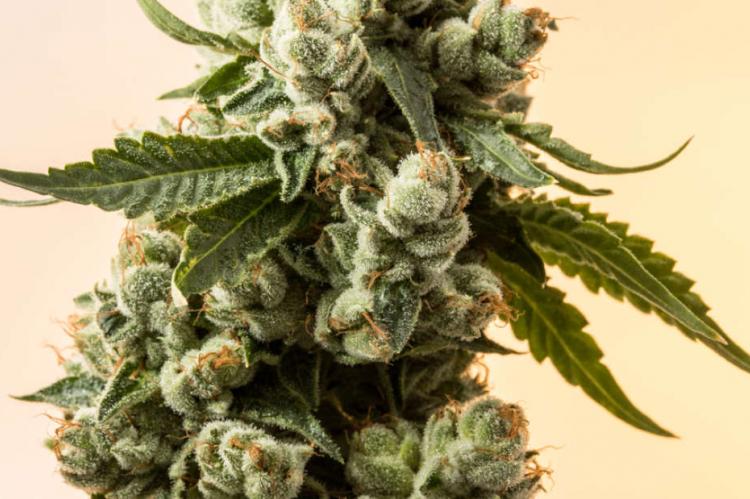Cannabis Compound Holds Hidden Antibiotic Properties
Could cannabis be a new weapon in the fight against antibiotic resistance? Scientists have discovered that cannabigerol (CBG), a non-psychoactive cannabis compound, holds some hidden antibiotic properties.
Scientists from McMaster University in Canada found that CBG was effective against drug-resistant superbug infections in mice. In fact, it appeared to work just as well as vancomycin, a powerful antibiotic often used to treat superbugs. While it’s going to take a lot of fine-tuning, the compound could potentially be used in a new antibiotic treatment.
Reported in the journal ACS Infectious Diseases, researchers set out to test the antibacterial properties of 18 molecules derived from Cannabis sativa, including CBG, as well as its more famous cousins cannabidiol (CBD) and tetrahydrocannabinol (THC). CBG showed some promise in the initial tests, so the researchers decided to focus their study on this specific cannabis compound.
In a mouse model, the CBG compound was shown to exhibit antibacterial activity against methicillin-resistant Staphylococcus aureus (MRSA), a drug-resistant superbug that’s responsible for several tough-to-treat infections in humans, as well as gram-negative bacteria. CBG’s trick involved attacking the cell membrane of the bacteria and preventing them from forming biofilms, a community of microorganisms that bundle together and to surfaces.
Earlier research has shown that some cannabinoids can slow the growth of gram-positive bacteria, but this is one of the first times it’s been proven to be effective against gram-negative bacteria too, which includes many pathogenic bacteria such as E. coli.
"CBG proved to be marvelous at tackling pathogenic bacteria. The findings suggest real therapeutic potential for cannabinoids as antibiotics," study lead Eric Brown, professor of biochemistry and biomedical sciences at McMaster, said in a statement.
However, there are still some major hurdles to overcome. The research showed that CBG also has some toxic effects on the “good” host cells. While this doesn’t totally rule out CBG as a potential antibiotic treatment, it does present some challenges.
"It opens a therapeutic window, but a narrow one, to develop this into a drug," Brown added. "The next steps are to try to make the compound better in that it is more specific to the bacteria and has a lower chance of toxicity."
Of course, it's worth stressing that puffing on a joint certainly won't clear up your chest infection.
Scientists are always on the hunt for chemical compounds that hold antibiotic properties, not least because many infections are becoming increasingly resistant to our current arsenal of antibiotics. In one of the more exciting developments, researchers used artificial intelligence to sniff out compounds that were able to kill bacteria using different mechanisms from existing drugs and discovered a host of molecules that possess some remarkable antibiotic properties.
- Log in to post comments

